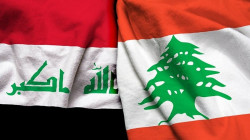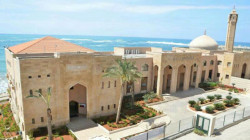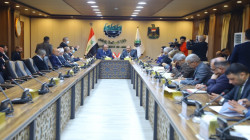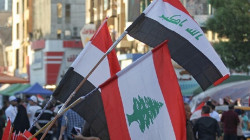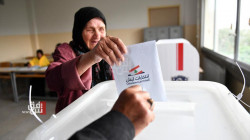Haaretz: Lebanon and Iraq Compete for the Title of Most Corrupt Country on Earth
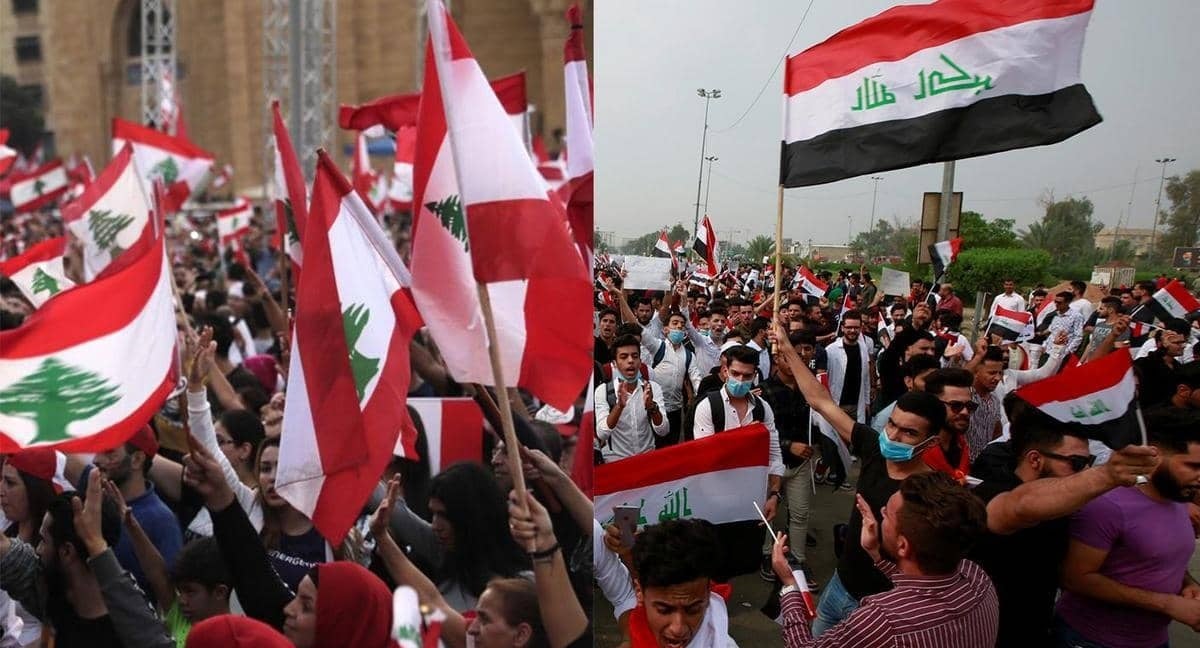
Shafaq News/ Lebanon and Iraq Compete for the Title of Most Corrupt Country on Earth
Lebanon and Iraq suffer from the same malady of ethnic and religious rifts, but also suffer Iranian meddling in their political processes, wrote Zvi Bar'el for the Israeli Haaretz newspaper.
A year after parliamentary elections took place and endless efforts were made to form a government, Iraq’s political and religious movements finally reached agreement. In October, President Abdul Latif Rashid was elected and he immediately appointed a prime minister, Mohammed Shia’ al-Sudani. Within two weeks Sudani presented his government to parliament, which approved it. In Lebanon, elections took place in May but a parliamentary solution has not yet appeared on the horizon.
The two countries suffer from the same malady: ethnic and religious rifts. In Iraq they are between Sunnis, Shit’ites and Kurds; in Lebanon, between Sunnis, Shi’ites, Christians and Druze. The distribution of ministerial portfolios in both countries relies on a system of ethnically based “allocations.” The president of Iraq is Kurdish; in Lebanon he is Christian. The prime minister of Iraq is Shi’ite and the speaker of parliament is Sunni. In Lebanon the prime minister is Sunni and the speaker of parliament is Shi’ite.
"Lebanon and Iraq are engaged in a competition over the most corrupt country on earth and Iran is meddling in political processes in both," he wrote, "in Lebanon, Hezbollah represents Tehran’s interests and in Iraq, Iran has power over some of the Shi’ite parties and militias."
The truly significant difference between the countries can be found below ground. Iraq possesses the third-largest reserves of oil in the world and unknown quantities of natural gas. By contrast, in Lebanon, the purse is empty and lacks sources of income, although it might fill up a bit thanks to the recent natural gas agreement with Israel. And yet despite the resources Iraq has, it is far from meeting the needs of its own population. It must buy electricity and gas from Iran, and about one-third of its citizens live below the poverty line.
As in Beirut, in Baghdad creation of a government and election of a president are no guarantees of political stability or economic revival. The Iraqi government was established thanks to underhanded political opportunism, which took advantage of the retirement of Muqtada al-Sadr, leader of the largest political bloc, and the withdrawal of his movement from parliament. That is how the rival bloc, a coalition of Shi’ite parties known as the Coordination Framework – numbering 140 of 329 members of parliament – became the country’s largest political entity. And it elected the president and gave its blessing to the prime minister and his government.
Sudani, 52, is part of the middle generation of Iraqi politicians. His father and five of his relatives were executed by the Saddam Hussein regime. After the conquest of Iraq in 2003, he fulfilled a variety of roles in the temporary government, and eventually held a number of ministerial portfolios. He left the pro-Iranian Al-Da’awa party to run in the recent election as an independent candidate, and is trying unsuccessfully to show that he is not “Iran’s man in Baghdad” or under the United States’ thumb – accusations that have been hurled at him.
In a long document presented to parliament, Sudani revealed his plan for rehabilitating and developing Iraq, which was greeted with cheers. It’s unlikely that anyone has read the plan, because similar ones are gathering dust, if not mold, in the drawers of previous prime ministers. The document outlines economic reforms, a war against corruption, a foreign policy aimed at promoting ties with the world, construction of power stations and new arrangements for supplying water and creating jobs, along with ideas for a new election law. The vision of the End of Days could not look better.
But the deadline for implementing this encouraging road map is coming up soon. Sudani pledged to hold primary elections within a year of taking office, and to formulate the new election law within 90 days. Those were the two demands made by his rival, Sadr, in order to stop the violent protests in which 30 people have been killed, and which were sparked by the intention to appoint Sudani prime minister. Although Sadr is no longer a member of parliament and his supporters do not fill government posts, it is clear to Sudani and the bloc he relies on that it would be best to meet the demands, if they want to spend their first year in power in relative quiet.
Clearly a year will not be enough to rebuild decades of decimation or to produce positive economic results. It’s also unlikely that Iraq’s parliament will be able to formulate a new election law, which would entail redrawing electoral districts in a way that could hurt the traditional power of local leaders, ethnic groups and parties, who know how to take advantage of the demographic makeup of their districts.
Meanwhile, in Lebanon, it took four years to draft a new election law. Even when it was finally passed in 2017, it turned out that the changes it outlined are mainly cosmetic and do not eliminate the system of ethnic or religious quotas, which still dictate the rules of the political game and the distribution of resources in the country. The Iraqis should expect the same.
It should be noted, however, that the failures of the Iraqi government are of interest not only when they bring people out into the street, spark violent clashes and undermine what some refer to as “state stability.” The most disturbing question, especially in the West, is whether the Iraqi government will be more pro-Iranian than its predecessor, whether it will strengthen its ties with the United States, and how it will become part of the regional strategic fabric.
"The answer is that Iraq, under any government, is dependent on Iran economically and close to it in religious terms – but it’s not its prisoner of war," he concluded.
(Haaretz)

